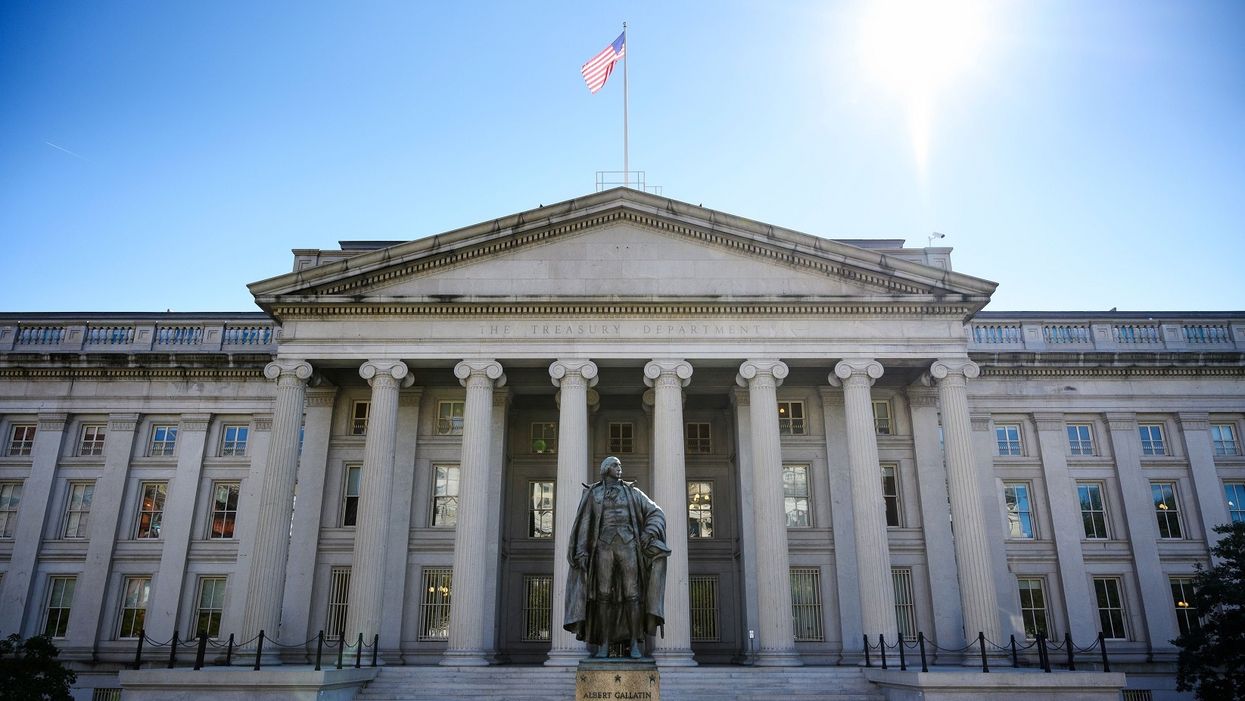
MANDEL NGAN/AFP/Getty Images

The Trump administration predicts the federal budget deficit will hit $1 trillion during this fiscal year
The federal budget deficit hit a record high for the month of November as it climbs closer to hitting $1 trillion for the current fiscal year.
According to the U.S. Department of Treasury, the federal government owed $204.9 billion for the month of November. The government spent $410.9 billion, while it raised $205.9 billion. The federal budget deficit so far for this fiscal year, which started on Oct. 1, has already hit $305.4 billion.
The deficit for November was up 48 percent from November 2017, when it was $138.5 billion.
While the budget deficit for November is still part of a larger trend of increasing deficits, it may not be quite as extreme as it seems. According to the Washington Post, $44 billion of the $66.4 billion increase in the deficit between November 2017 and November 2018 was based on a fluke. Since Dec. 1 was a Saturday this year, some of the entitlement programs for that month were paid off in November.
According to the Treasury Department, the U.S. spent $19 billion more ($131.2 billion to $112.4 billion) on national defense in the past two months over the same period in 2017, and $49 billion more on Medicare ($129.4 billion vs. $80.8 billion).
In October, President Donald Trump asked members of his Cabinet to each plan to cut 5 percent from their respective budgets. However, on Dec. 4 Trump announced that he was requesting a record $750 billion in defense spending from Congress, up from $716 the year before.
The deficit has been steadily increasing during the Trump administration, due largely to an increase in federal spending. The federal budget deficit for the last fiscal year was 17 percent higher than the year before, and larger than any year since 2012. Between 2009 and 2012 the federal budget deficit had passed $1 trillion due to bailouts, and other attempts by the federal government to counter the recession.